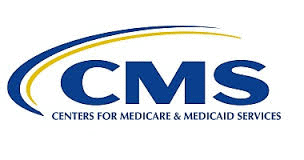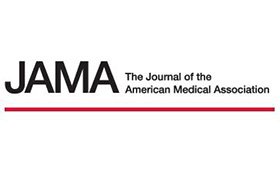A new ruling from the Centers for Medicare & Medicaid Services (CMS) standardizes the responsibility of state Medicaid agencies when it comes to telemedicine, aiming to ensure that “proper access to particular healthcare services can be ensured.” Those assessments would include the needs of patients, as well as time, distance and access afforded by telemedicine. Each state will be responsibility for policing itself by evaluating performance of those services every three years. Once the rule …
Read More









